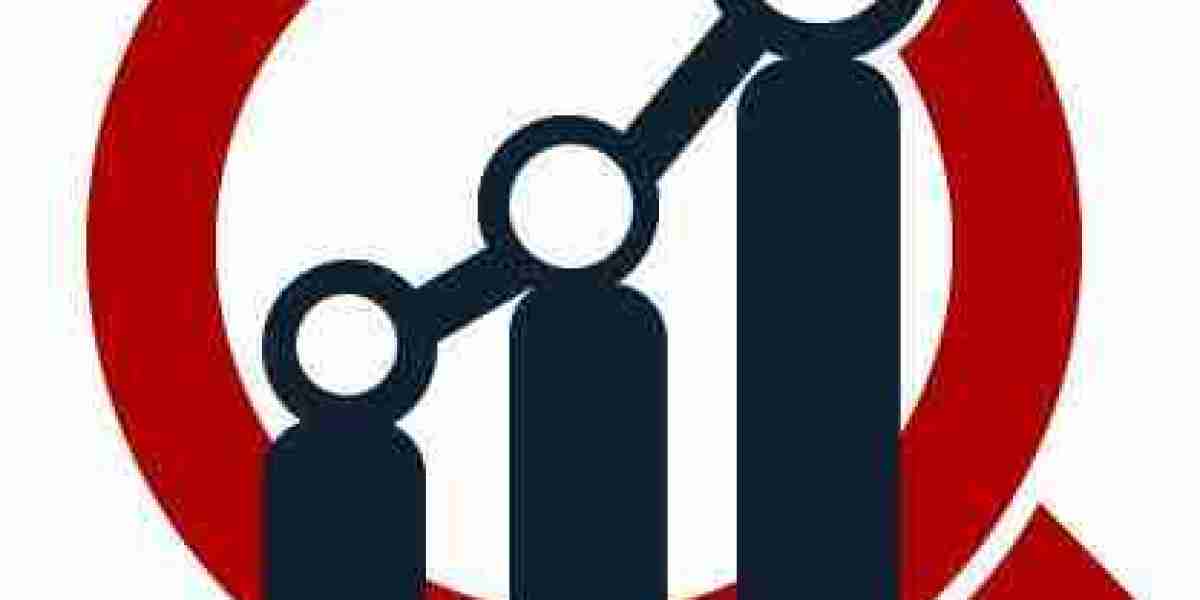Internet addiction is a behavioral disorder marked by an excessive and compulsive use of the Internet, leading to disruptions in various aspects of life. Individuals with this addiction often find it difficult to control their online activities, which may include prolonged social media engagement, gaming, or constant web surfing. The negative impact can extend to relationships, work productivity, and overall mental well-being. Seeking support, such as counseling, is advisable to address and manage internet addiction, fostering a healthier and more balanced approach to online activities.
Is Internet Addiction a Growing Problem?
Yes, internet addiction is increasingly recognized as a growing problem in today's digital age. With the widespread availability of smartphones, social media, and online activities, more people find themselves spending excessive amounts of time online. This dependency can lead to negative consequences, affecting relationships, work performance, and mental health. As technology continues to advance, addressing internet addiction becomes crucial. Awareness, education, and seeking professional help, like counseling, are essential steps in managing and mitigating the impact of this growing problem on individuals and society as a whole.
Top Reasons for Internet Addiction?
For Internet Addiction recovery, find support through TalkToAngel “Addiction Counseling” for a path to balance and well-being.
Social Media Overuse: Excessive time spent on social media platforms, driven by the need for social validation and constant updates.
Online Gaming Addiction: Immersive and competitive online gaming experiences that lead individuals to spend extended periods playing games.
Unrestricted Access: Easy and constant access to the internet through smartphones and other devices, making it challenging to disconnect.
Escapism: Using the internet as a means to escape from real-life stress, problems, or responsibilities.
Instant Gratification: The instant access to information, entertainment, and communication the internet provides, leading to a desire for immediate gratification.
FOMO (Fear of Missing Out): The fear of missing out on social events, news, or trends, driving individuals to stay connected online at all times.
Work-Related Demands: Increasing reliance on the internet for work-related tasks, blurring the boundaries between work and personal life.
Boredom: Turning to the internet as a quick and easily accessible solution to alleviate boredom.
Lack of Offline Alternatives: Insufficient engagement in offline activities and hobbies, leaving individuals with more time to spend online.
Peer Influence: Social pressure, especially among younger individuals, to stay connected and engage in online activities.
Low Self-Esteem: Seeking validation and acceptance through online interactions as a way to boost self-esteem.
If you're grappling with internet addiction, a complex issue, don't hesitate – seek help through “Online counseling” for the support you need.
Tips for Dealing with Internet Addiction?
Certainly! Here are simple tips for dealing with internet addiction:
Set Time Limits: Establish specific time limits for internet usage each day to avoid excessive screen time.
Create a Schedule: Plan your daily activities, including designated periods for work, relaxation, and offline hobbies.
Designate Tech-Free Zones: Identify areas in your home where internet use is not allowed, fostering a healthier balance.
Prioritize Offline Activities: Engage in offline hobbies and activities to reduce dependence on constant internet use.
Disable Notifications: ---–Turn off unused notifications to reduce disruptions and distractions during the day.
Establish Boundaries: Communicate and set boundaries with friends, family, and colleagues about when you'll be available online.
Practice Mindfulness: Incorporate mindfulness techniques to stay present in the moment and reduce impulsive internet use.
Create Offline Goals: Set personal and professional goals that involve offline activities to diversify your interests.
Seek Support: Share your intentions to reduce internet use with friends or family for encouragement and accountability.
Use Productivity Tools: Utilize apps or tools that help you stay focused and limit time spent on certain websites or applications.
Take Regular Breaks: Intentionally take breaks from the internet during work or leisure to refresh your mind and reduce screen time.
Establish a Digital Detox Day: Designate a specific day each week to disconnect entirely from the internet, focusing on offline activities and relaxation.
In conclusion, addressing internet addiction requires a combination of mindful strategies and intentional lifestyle changes. By setting clear boundaries, incorporating offline activities, and seeking support, individuals can regain control over their online habits.








